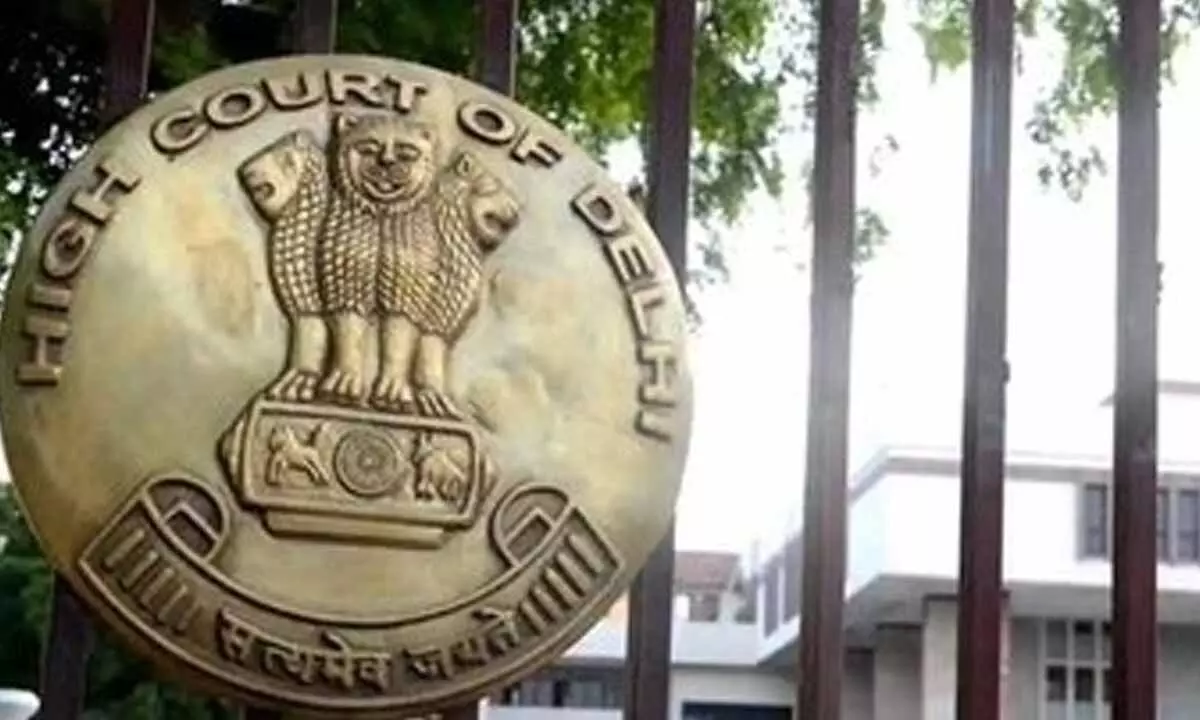Live
- India’s Akash, Vishvanath, Nikhil and Preet storm into finals of Asian U-22 & Youth Boxing
- Can AI help tablets grow like PCs & smartphones this year?
- Baku World Cup: Shreyasi best-placed Indian after day one of Trap qualification
- IDBI Bank registers 44 per cent jump in net profit for Jan-March quarter
- K'taka sex scandal: Kidnapped woman traced to farmhouse of H.D. Revanna’s PA
- AAP releases list of its 40 star campaigners for Delhi and Haryana
- TUC 2024: Hosts China to meet Indonesia in Uber Cup final
- NCC cadets will be deployed on poll duties in Himachal
- Closure report in Rohith Vemula case causes huge embarrassment to Congress
- DMart posts 22 per cent jump in Q4 net profit at Rs 563 crore








